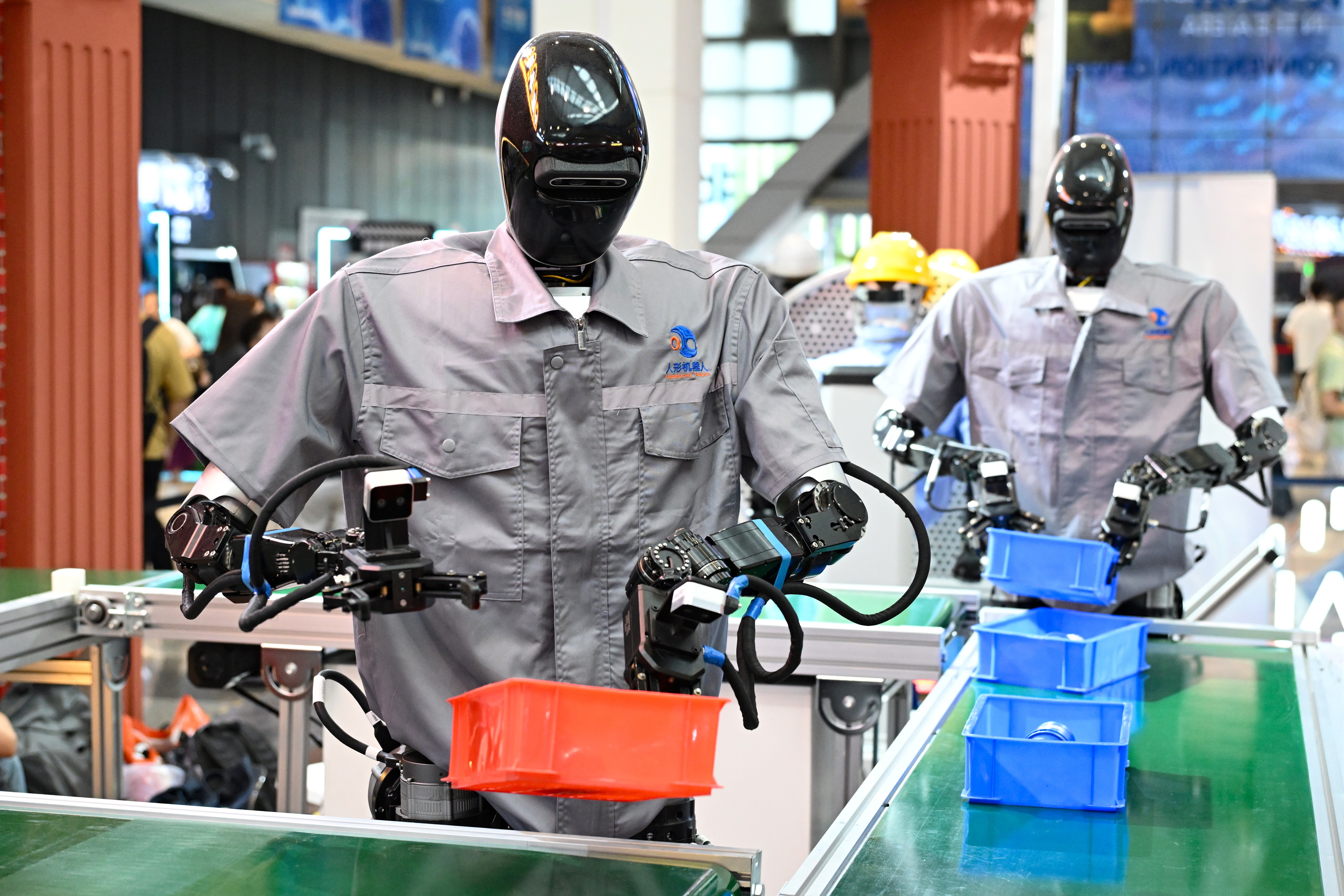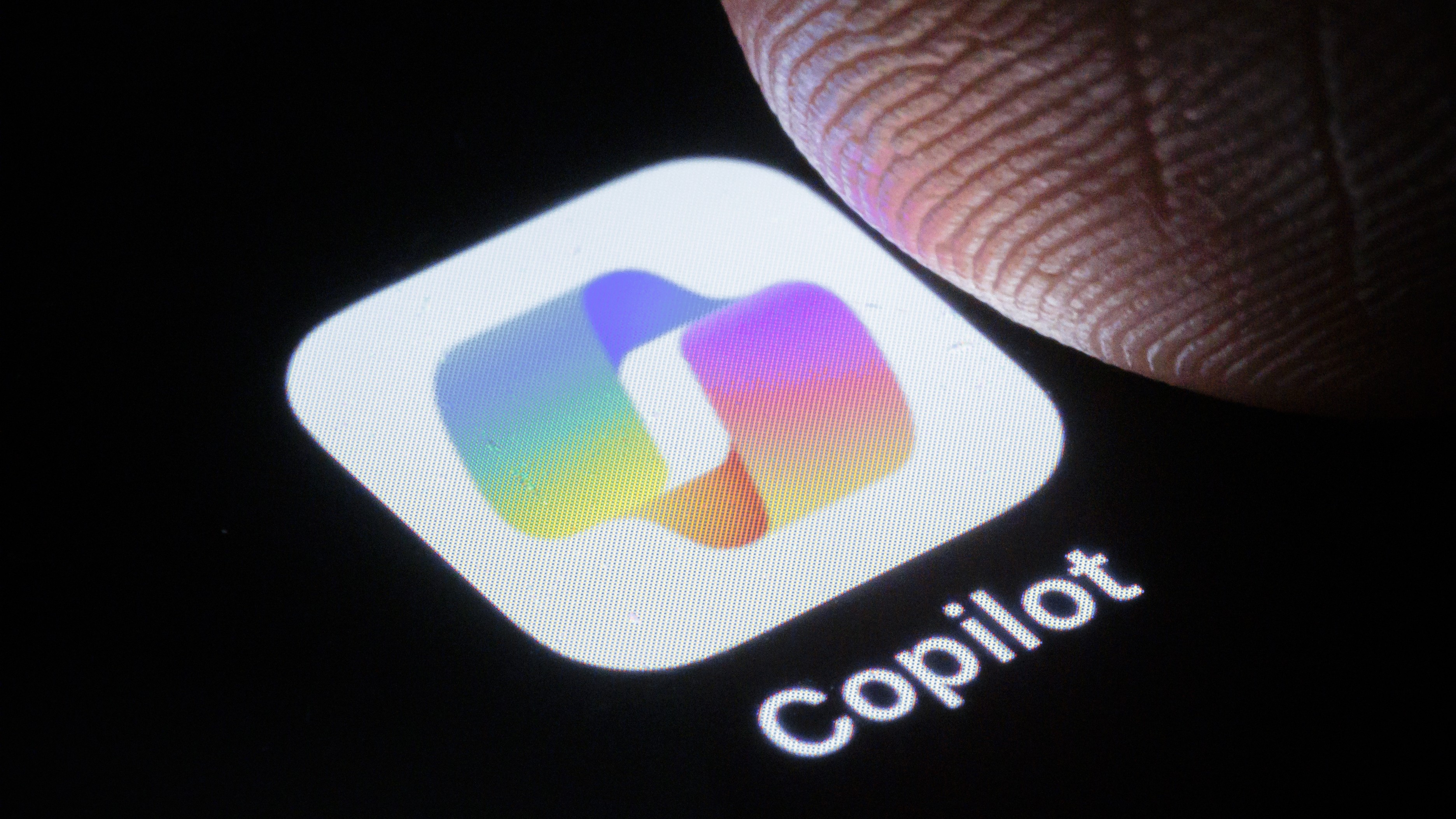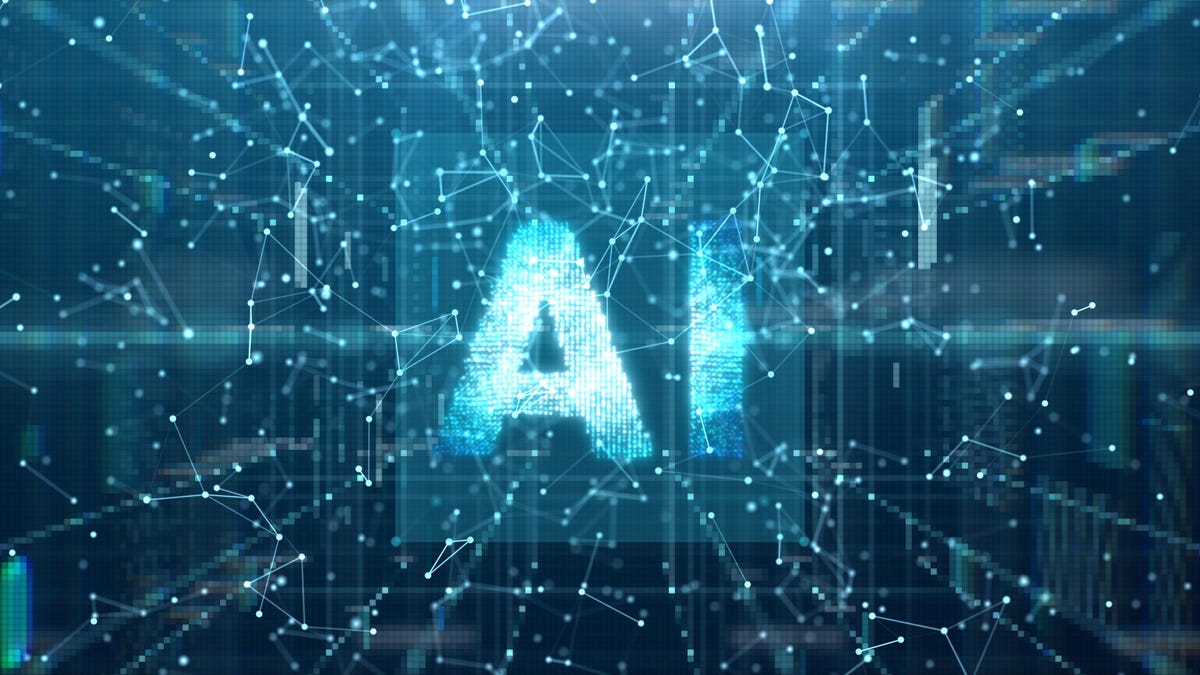T4K3.news
Microsoft identifies jobs most threatened by AI
A new research paper from Microsoft outlines various jobs at risk due to AI advancements.

The rise of AI is set to dramatically change job landscapes, as identified by Microsoft Research.
Microsoft identifies jobs most threatened by AI
Microsoft Research has published a paper revealing that numerous job roles are at significant risk due to advancements in artificial intelligence. The study focused on the U.S. job market but may reflect similar trends worldwide if global regulation does not keep pace with AI developments. Among the jobs identified as most vulnerable are roles in writing, customer service, and translation—positions typically reliant on routine and predictable tasks that AI can fulfill efficiently. Conversely, certain professions, particularly those requiring physical interaction and human skill, were deemed less likely to be replaced by AI. Nevertheless, the implications of this shift present considerable uncertainty for the future job landscape, as governments struggle to respond to rapid technological changes.
Key Takeaways
"AI's potential for efficiency does not guarantee job creation in its wake."
This statement highlights the complexities surrounding AI adoption and the need for strategic planning.
"The future landscape of work could lead to increased inequality if not managed responsibly."
Emphasizing the critical aspect of equity and social responsibility in the advent of AI.
"Jobs that require human empathy and physical skill are currently safer than repetitive roles."
This reflects a growing understanding of AI's limitations.
"If automation outpaces job creation, significant social and economic disruptions may ensue."
Addressing concerns about potential fallout from AI-driven changes in the job market.
The findings from Microsoft serve as a clarion call about the future of work. As AI systems become more capable, the notion of job security becomes increasingly precarious. The transition to AI-driven workflows is not merely about efficiency; it poses profound questions about the nature of work itself. Industries must adapt, but the transition carries risks. If automation outpaces job creation, significant social and economic disruptions may ensue. While AI could offer unprecedented opportunities for advancement, its potential to exacerbate inequality is a critical concern. Society must prepare to navigate this complex landscape thoughtfully, ensuring protections for those displaced by technology.
Highlights
- AI will change the future of work. Are we ready for it?
- Jobs once thought secure are now at risk from AI's rise.
- Society must adapt or face the consequences of job loss.
- AI poses unprecedented risks and opportunities for employment.
Concerns around AI and job displacement
The rapid rise of AI technologies threatens numerous job roles, leading to potential widespread unemployment and societal upheaval if not addressed. Governments may be unprepared for the scale of job loss that could follow, raising urgent questions about economic stability and worker protection.
The time to address the intersection of AI and employment is now, as the stakes continue to rise.
Enjoyed this? Let your friends know!
Related News

AI threatens teaching and many other jobs

Microsoft reveals AI job predictions

AI threatens white-collar jobs in the UK

New AI tools enhance creative workflows
Microsoft Study Identifies Jobs Impacted by AI

Microsoft announces layoffs of 9,000 employees

Microsoft's Copilot faces user preference for ChatGPT

Intel plans to reduce workforce by 25000 in 2025
